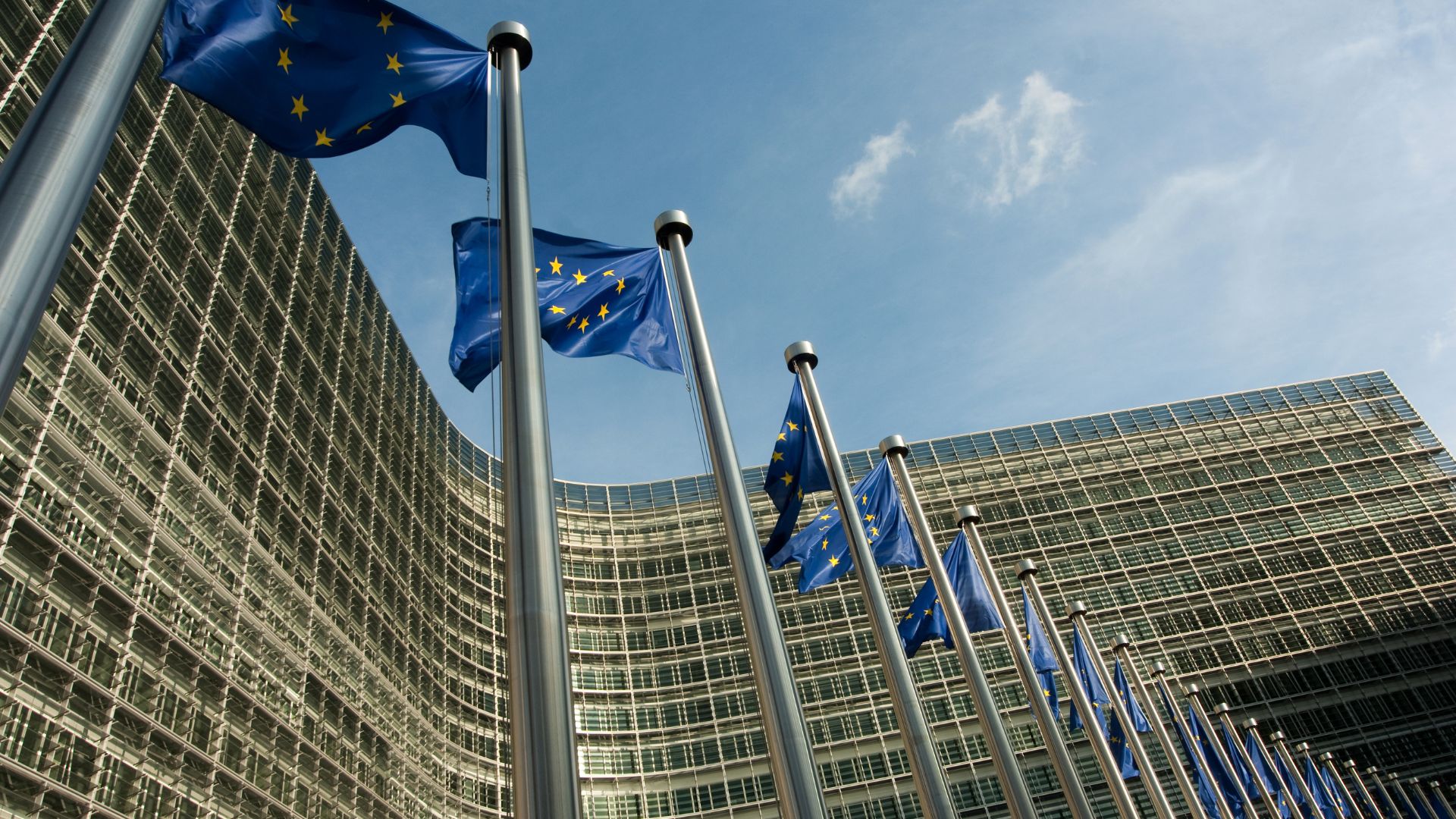11 September, 2024
Access Alert: Maximising opportunities for the tech industry in a new era of EU competitiveness


The Draghi report, published on 9 September 2024, presents a strategic roadmap for Europe to regain its global competitiveness. It identifies key sectors to drive growth, including advanced technologies, critical raw materials, space, defence, automotive, pharma, and transport.
As Europe redefines its competitiveness strategy, the risks and opportunities for the tech sector are profound. This article outlines key findings and concrete recommendations on innovation, strategic dependency, skills development, clean energy, and governance, underscoring several key issues for the sector.
Closing the innovation deficit in advanced tech
Europe’s lag in advanced technologies like AI, cloud, and quantum computing is a major concern. The tech sector is a key driver of future productivity, but European companies invest EUR 270 billion less annually in innovation compared to their US counterparts.
Europe’s productivity slowdown is heavily linked to a digital innovation gap, with the tech sector playing a critical role. For example, European companies are spending significantly less on research and innovation compared to those in America, particularly in breakthrough digital technologies like AI and quantum computing. This lack of investment has slowed productivity growth and diminished Europe’s standing in global tech markets.
The report recommends measures to increase investment in R&I, remove barriers to scaling up and increase investment in digital infrastructure, including fibre and 5G. Specific measures include an EU-wide framework for public-private cooperation in AI training and cloud services, EU-wide data security policies for collaboration between EU and non-EU cloud providers, and for companies to participate in an ‘AI Vertical Priority Plan’ to accelerate AI developments in strategic sectors.
Reducing dependencies and increasing security
Europe’s reliance on external suppliers, particularly for critical raw materials and digital components, poses a strategic vulnerability. With tensions escalating globally, there is a clear need to secure supply chains – most notably, in semiconductors and other high-tech components.
The report recommends measures to secure critical raw materials, strengthen domestic production capacity for strategic technology, and boost defence and space-industrial capacity. Measures include the creation of a coordinated strategy for semiconductors, the creation of a Critical Raw Material Platform for joint purchasing and strategic stockpiling, the adoption of EU-wide data security policies, and negotiating a low-barrier “digital transatlantic marketplace” to ensure trade opportunities for EU and US tech companies. Tech companies will need to consider supply chain resilience and explore partnerships or reshoring initiatives to mitigate these risks. Strengthening local industries and securing supply chains should be done with a commitment to ethical sourcing and fair trade.
Addressing the skills and talent shortage
Europe has a growing skills gap, particularly in sectors driving the clean and digital transitions. Technologies are only as effective as the people who design, develop, and operate them. The tech industry needs to invest in upskilling employees and fostering partnerships with educational institutions, as well as attracting and retaining talent.
Using decarbonisation as a growth opportunity
As Europe pushes forward with decarbonisation, the tech industry stands at the forefront of this transformation. The EU is a leader in clean technologies such as wind energy and low-carbon fuels. However, to achieve Europe’s ambitious climate goals, the report recommends measures to lower energy costs, such as reducing energy taxation, accelerating decarbonisation efforts, and investing in clean tech manufacturing. This includes collaborating with third countries and introducing minimum quotas for local production. Technology companies involved in clean energy solutions will see increased opportunities, but those reliant on traditional energy sources may face higher operational costs.
Strengthening governance and coordination
To create a more resilient European economy, there needs to be a more unified and dynamic governance. The report suggests a partnership between the EU and its Member States, where the EU takes a more strategic and coordinating role while Member States retain responsibility for implementation and adaptation. This approach aims to harness the EU’s collective strength while respecting national autonomy.
In particular, the report recommends significant reforms of EU institutions. These include expanding the use of qualified majority voting in the Council, appointing a Commission Vice President for Simplification, streamlining the acquis, developing a methodology for quantifying the cost of regulation, and implementing a competitiveness test for new legislation. Such measures would enable the EU to remain competitive while contributing to fair tech.
The road ahead
The Draghi report, commissioned by the European Commission, arrives as the new European Parliament and Commission prepare for a new legislative cycle. Reactions from policymakers emphasise that there is broad consensus on putting competitiveness at the top of the EU legislative agenda and at the centre of Europe’s actions in the next Commission mandate.
European Commission President Ursula von der Leyen said her discussions with Draghi had already influenced her political guidelines for the new mandate, including the proposal for a Clean Industrial Deal. The report will further feed into the mission letters she will address to future commissioners.
Our support
Access Partnership has spent the last 25 years advocating for technology that benefits society. As companies prepare to feed into Europe’s competitive agenda, we are uniquely positioned to help your organisation navigate the policy landscape in the new legislative cycle while upholding fairness, inclusivity, and sustainability.
To learn more, please contact Mark Smitham at [email protected], Adriana Capparelli at [email protected], and Tommaso De Zan at [email protected].